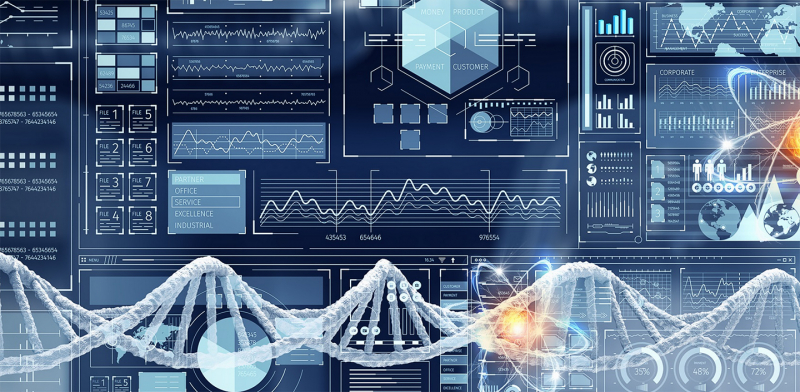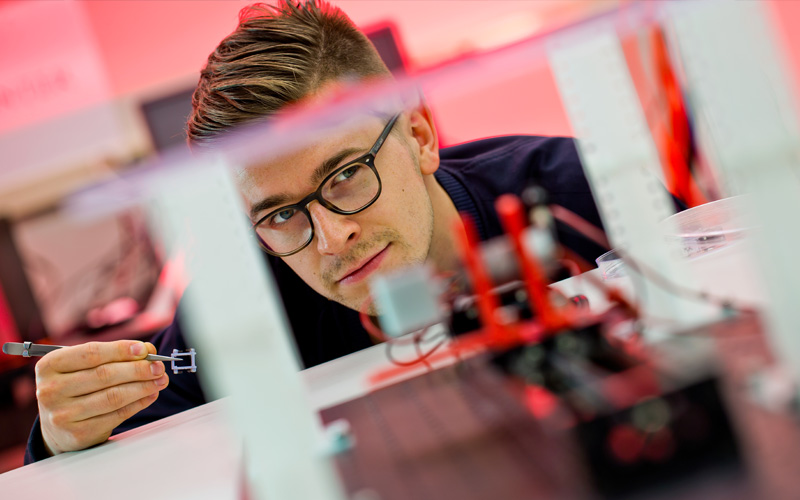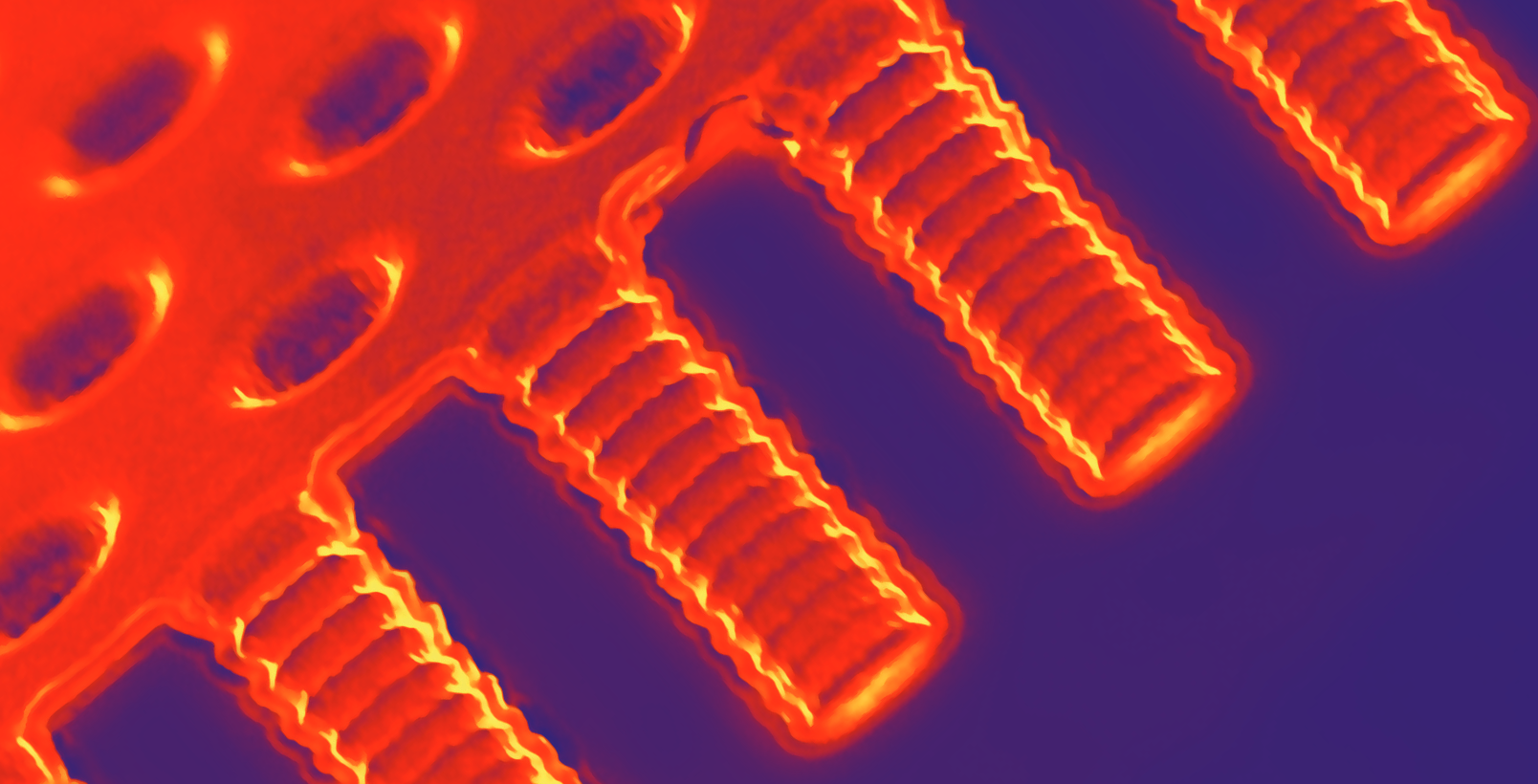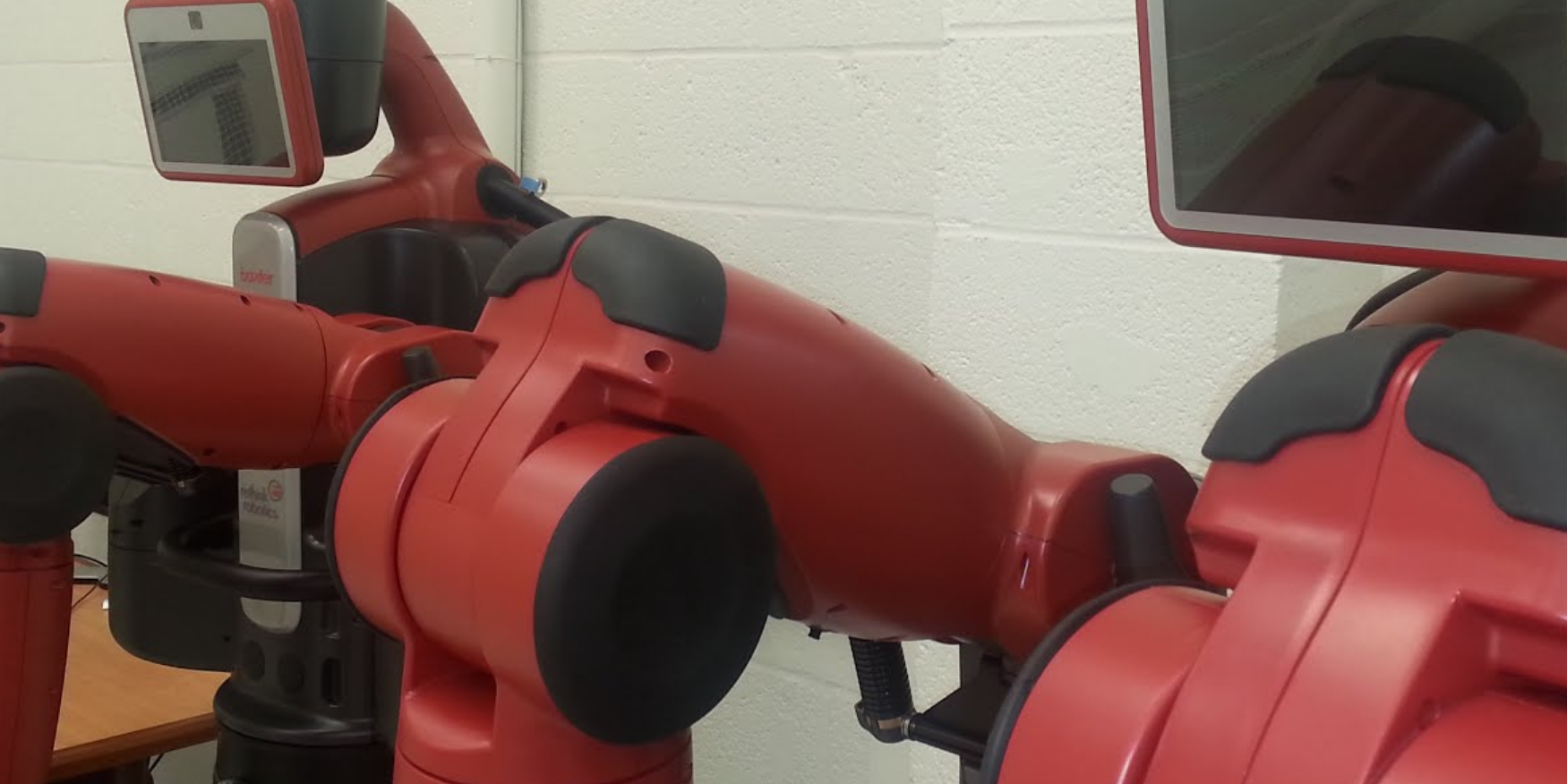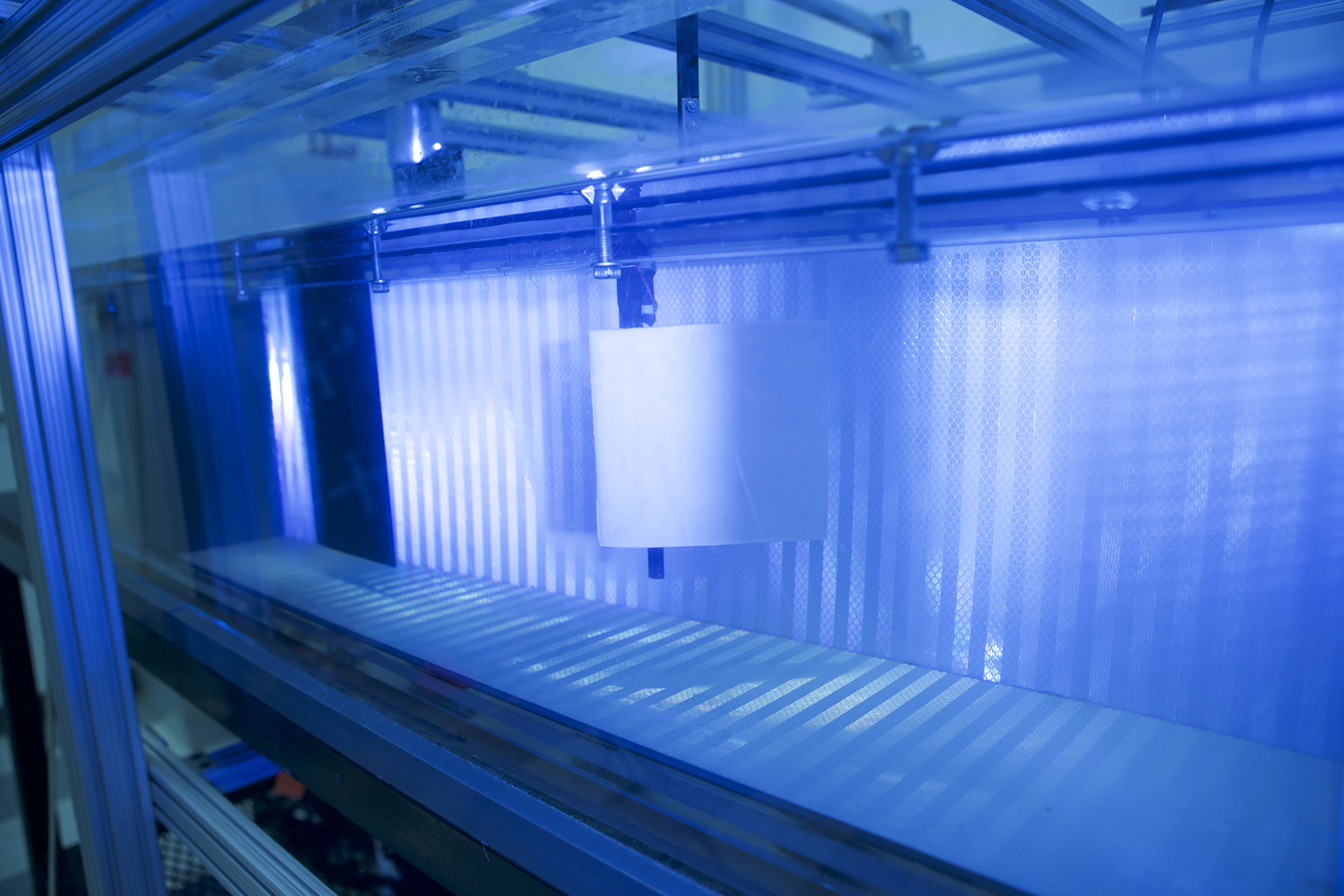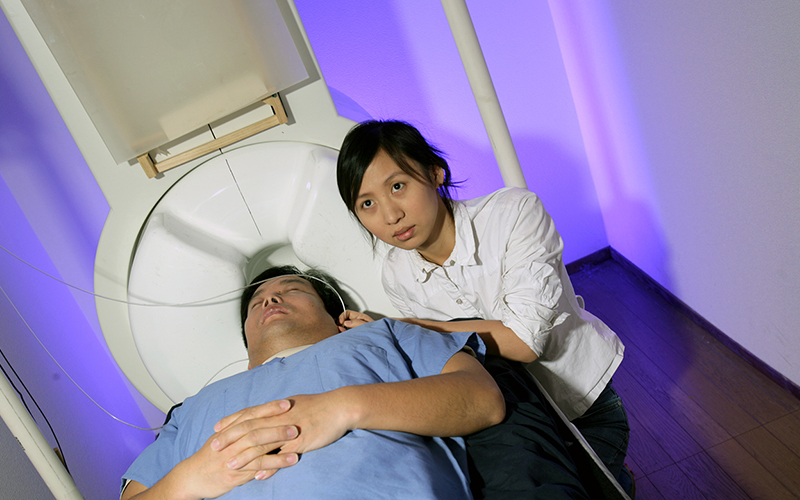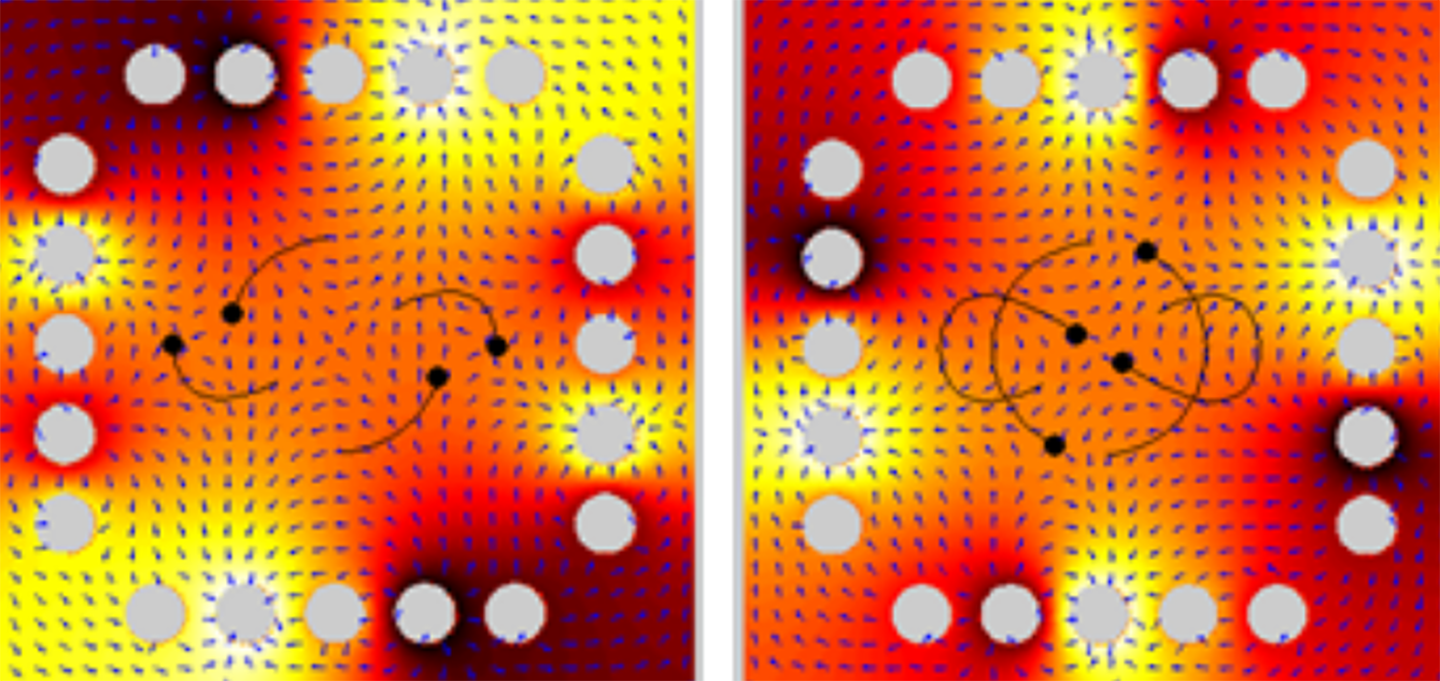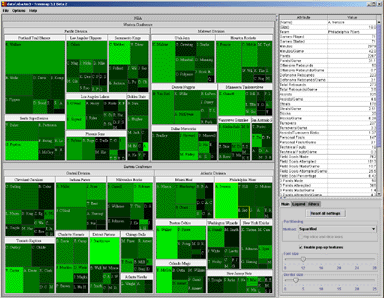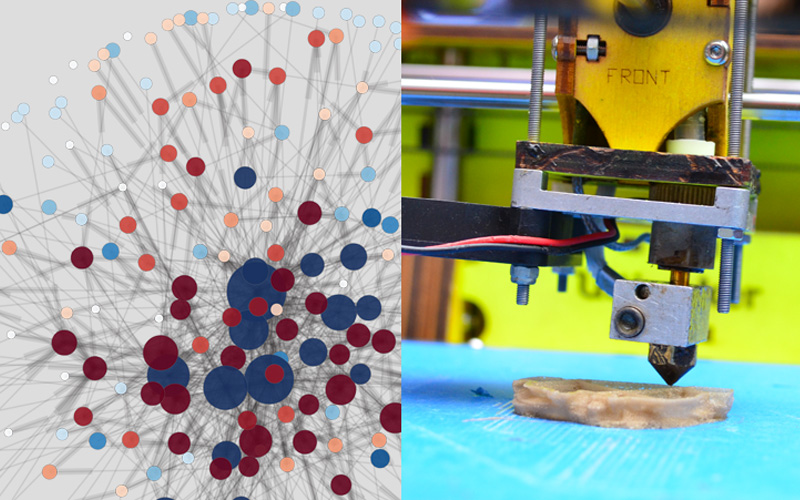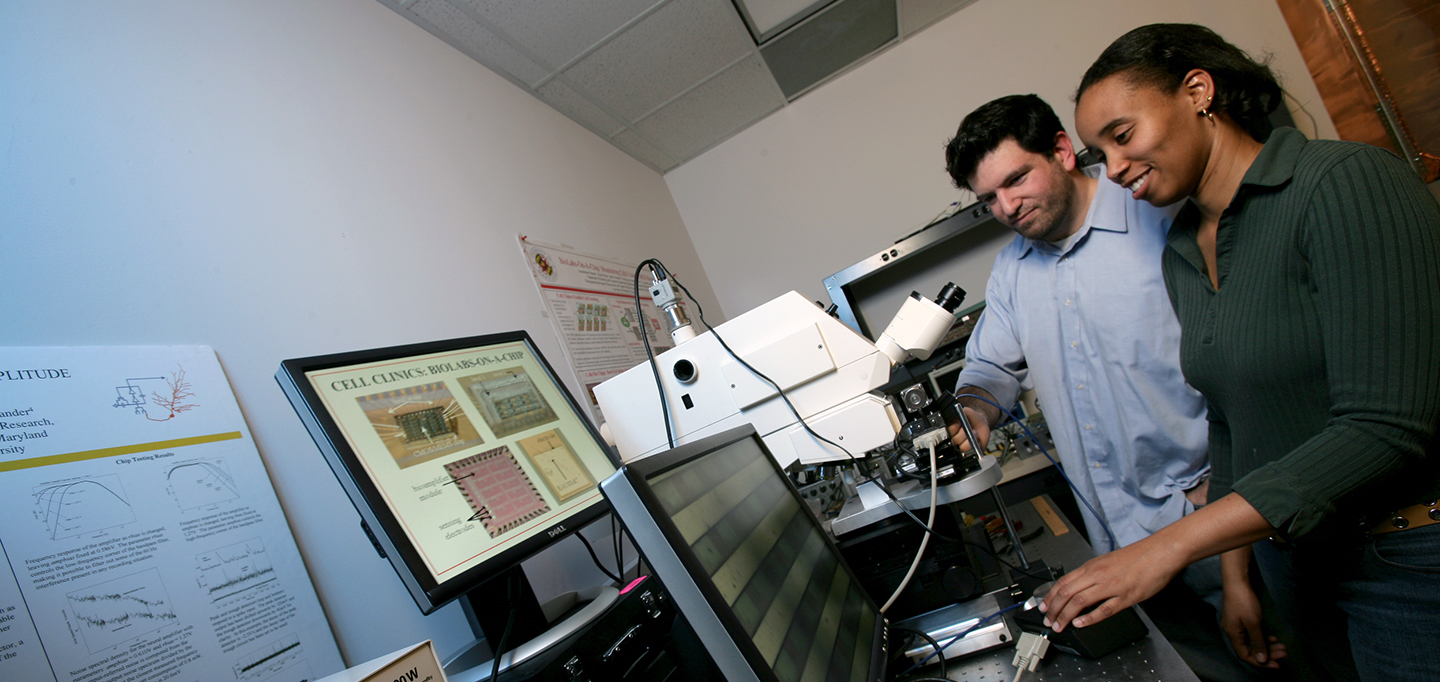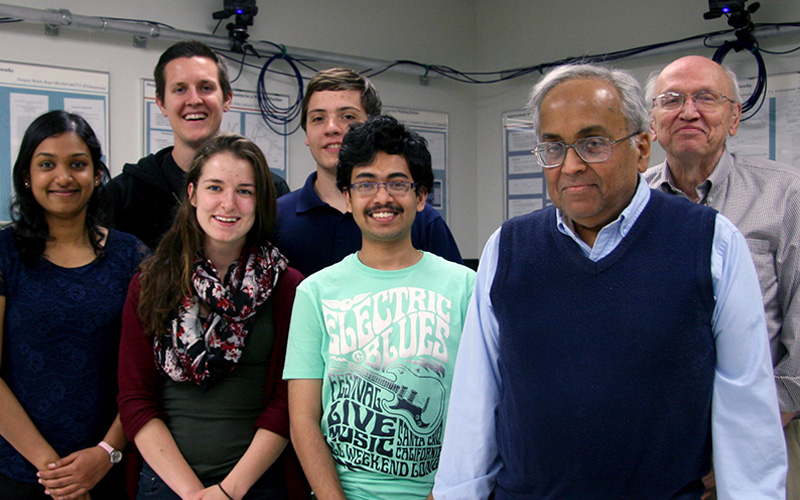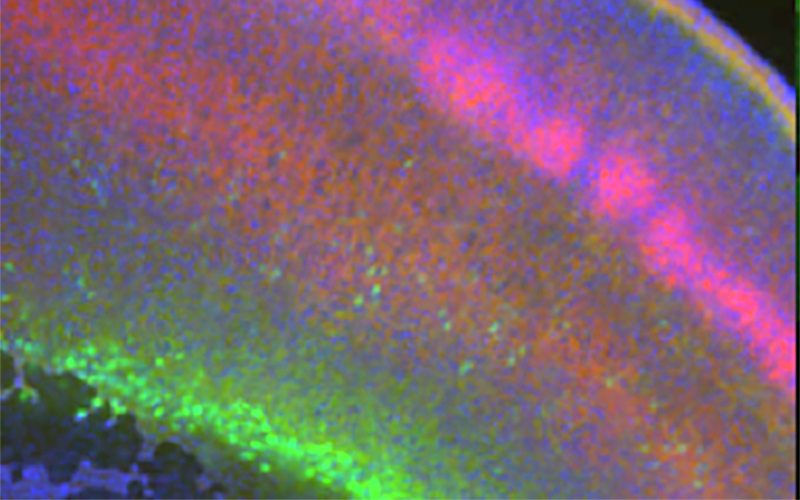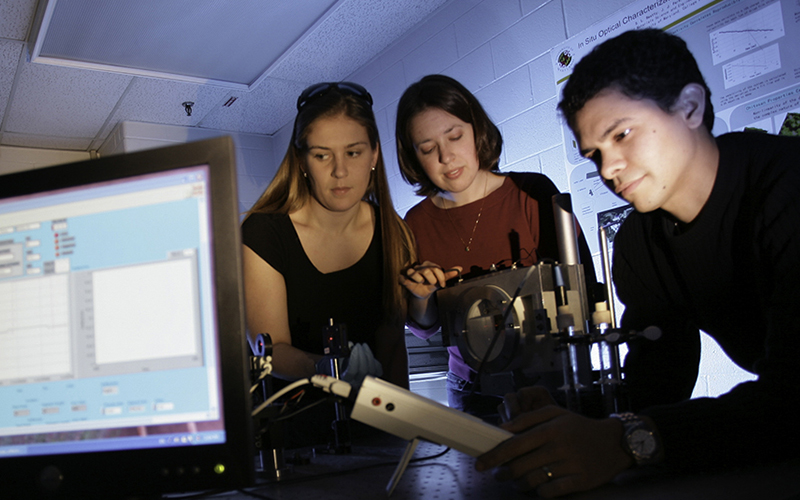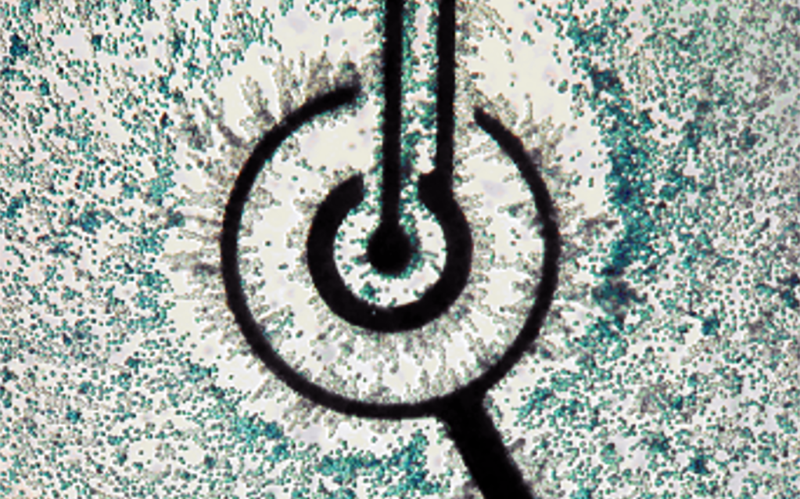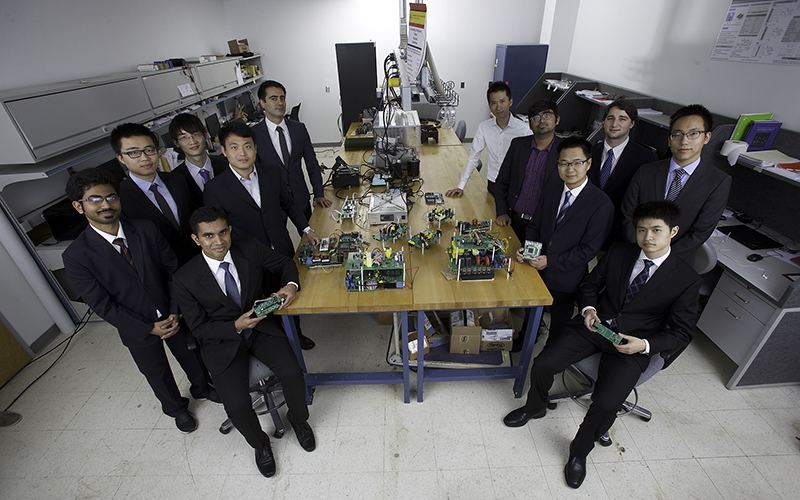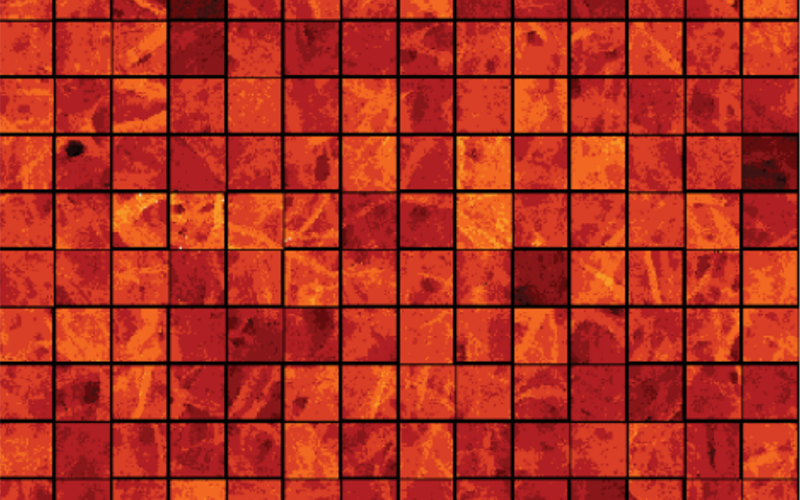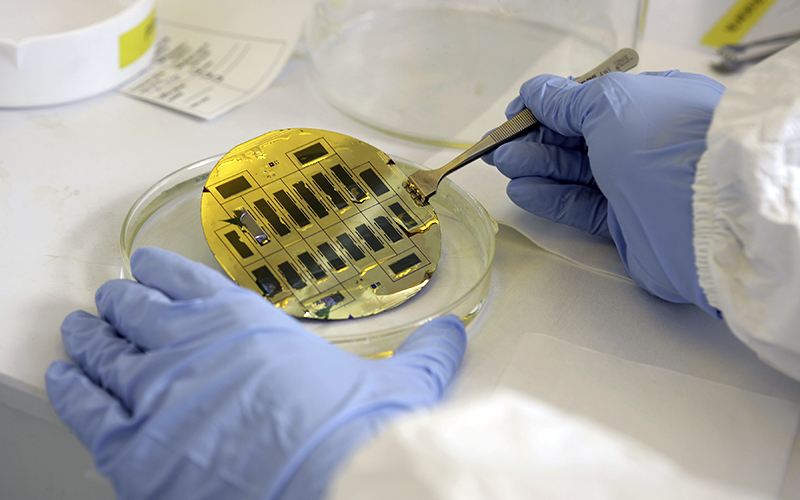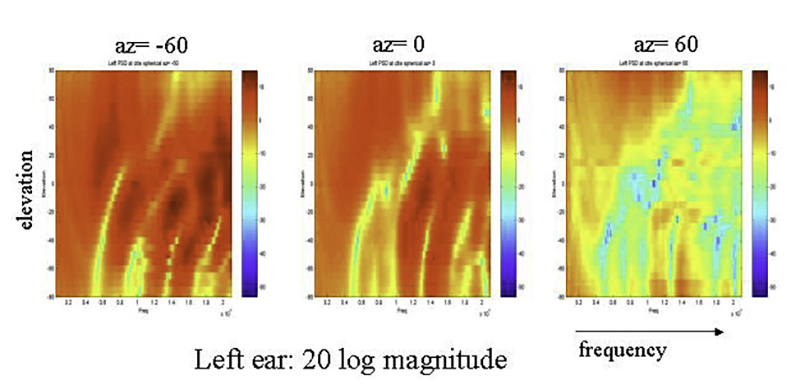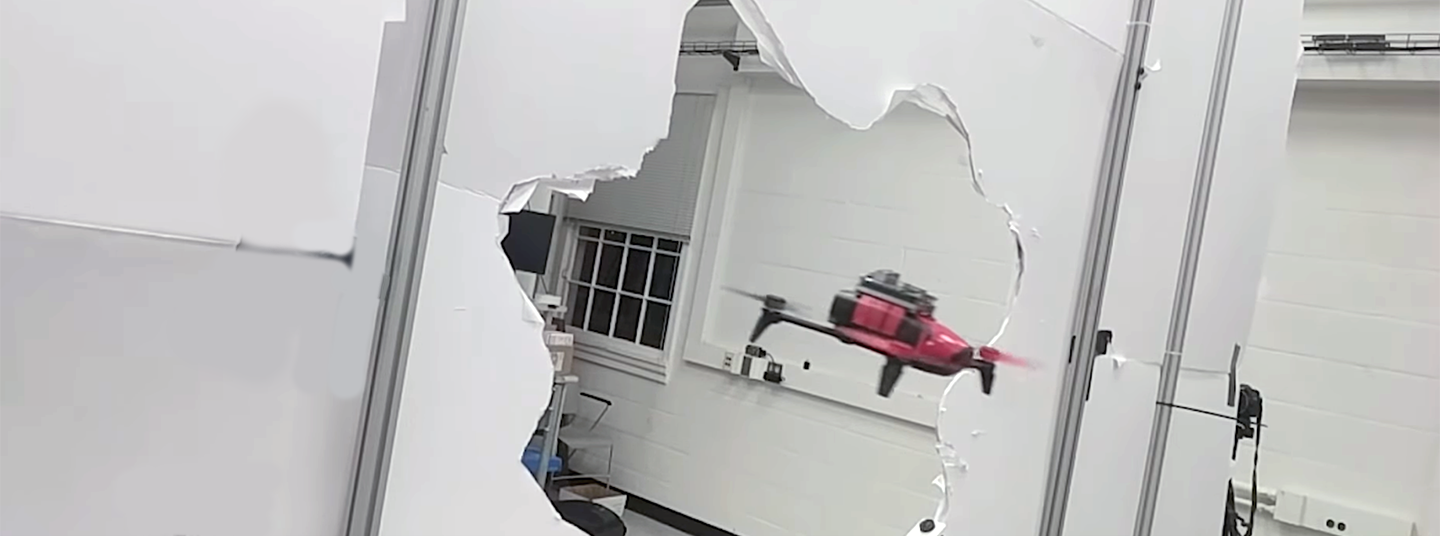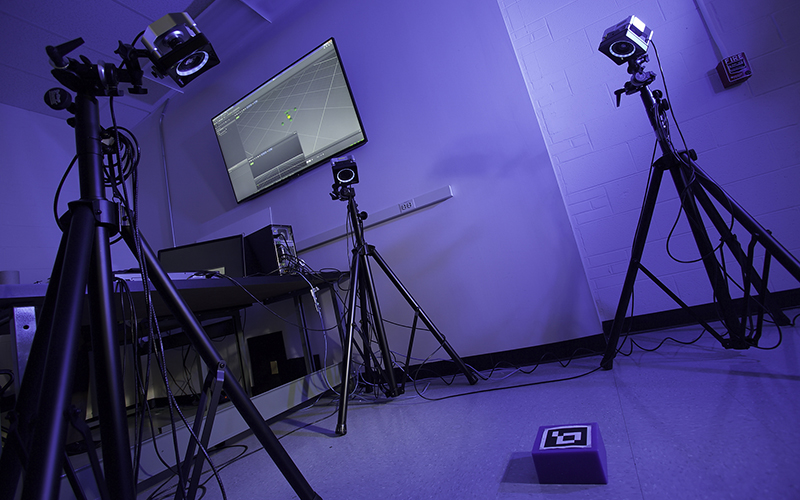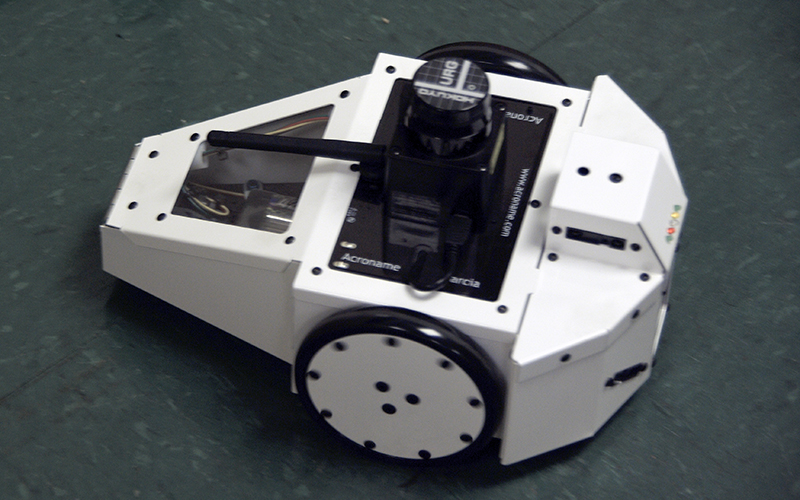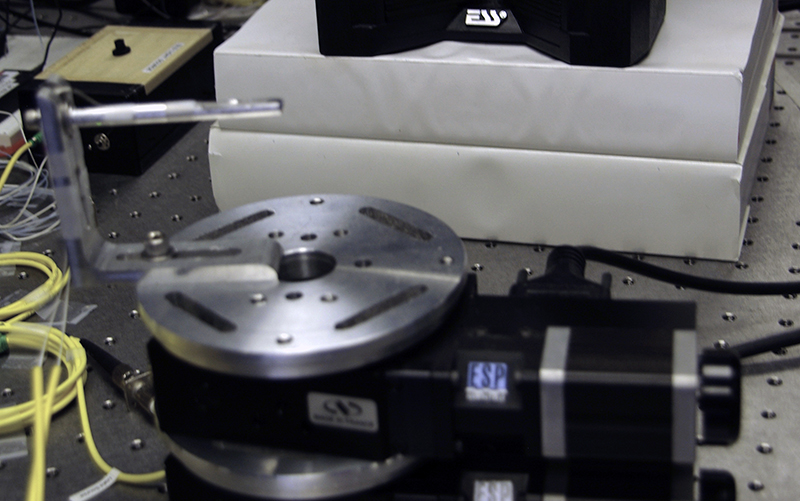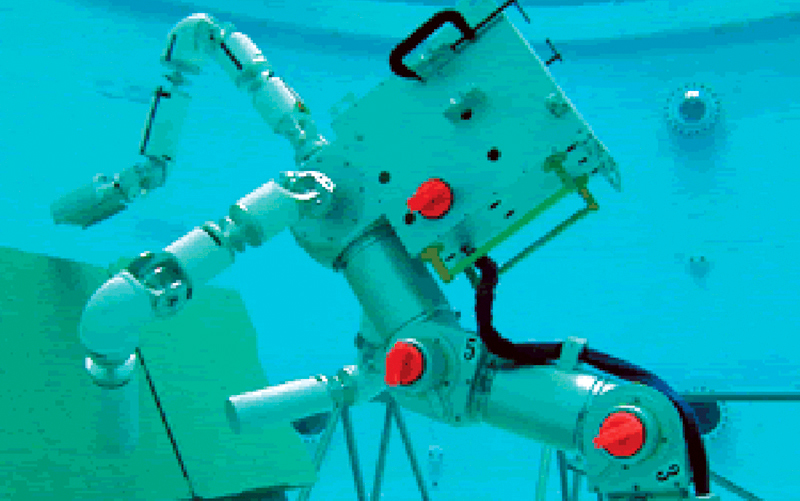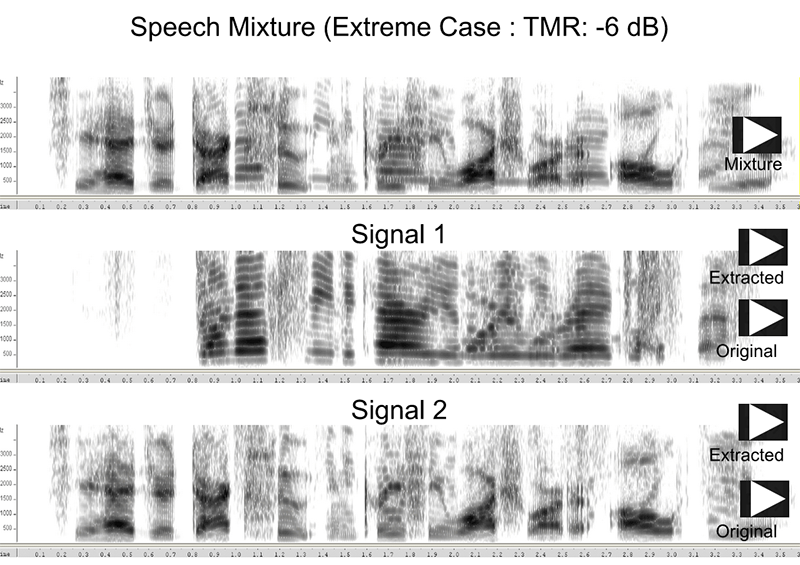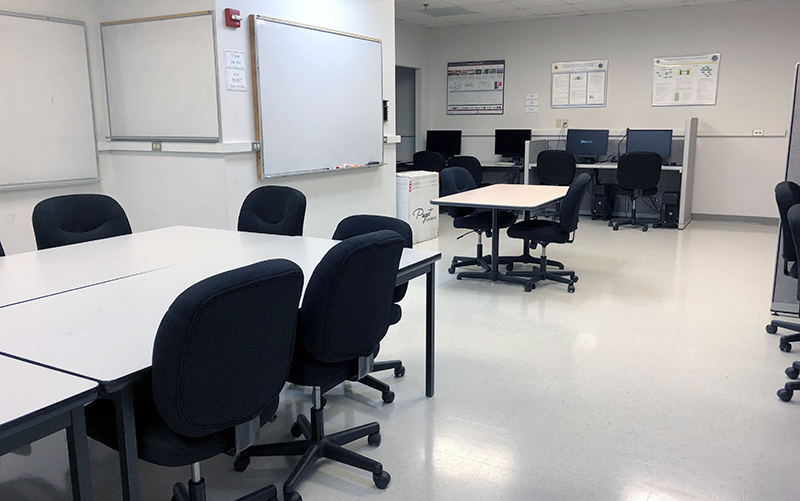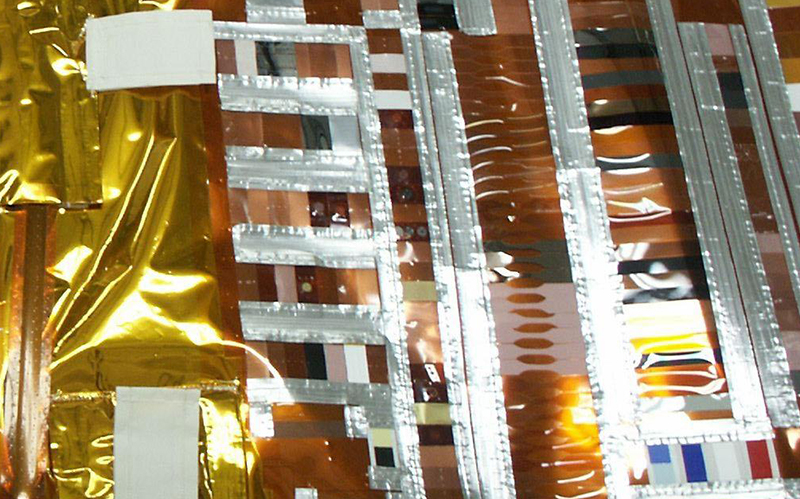Centers, Labs and Research Groups
Centers
Fraunhofer USA Center Mid-Atlantic CMA
Principal Investigator(s): Adam Porter
Maryland Hybrid Networks Center
Maryland NanoCenter
Principal Investigator(s): Sang Bok Lee
Maryland Robotics Center
Principal Investigator(s): Ryan D. Sochol
NEXTOR III: The Federal Aviation Administration Consortium in Aviation Operations Research
Principal Investigator(s): Michael O. Ball, David Lovell
University of Maryland Energy Frontier Research Center: Nanostructures for Electrical Energy Storage (UMERC NEES)
Principal Investigator(s): Gary Rubloff
Labs
Autonomy Robotics Cognition Lab
Principal Investigator(s): Yiannis Aloimonos
Collective Dynamics and Control Lab
Principal Investigator(s): Derek A. Paley
Computational Sensorimotor Systems Laboratory
Principal Investigator(s): Jonathan Simon, Timothy Horiuchi
Control of Miniaturized Systems for Mechatronic, Biological, and Clinical Applications Laboratory
CPS & Cooperative Autonomy Laboratory
Principal Investigator(s): Nuno Martins
Human-Computer Interaction Lab
IDEAL Lab
Principal Investigator(s): Mark D. Fuge
Integrated Biomorphic Information Systems Laboratory
Principal Investigator(s): Pamela Abshire
Intelligent Servosystems Laboratory
Principal Investigator(s): P. S. Krishnaprasad
Kanold Laboratory
Principal Investigator(s): Patrick Kanold
Laboratory for Advanced Materials Processing (LAMP)
Principal Investigator(s): Gary Rubloff
Laboratory for Microtechnologies
Principal Investigator(s): Elisabeth Smela
Maryland Power Electronics Laboratory
Principal Investigator(s): Alireza Khaligh
Media and Security Team
Principal Investigator(s): Min Wu
MEMS Sensors and Actuators Lab
Principal Investigator(s): Reza Ghodssi
Netcentric Supply Chain Lab
Neural Systems Lab
Principal Investigator(s): Shihab Shamma
Perception and Robotics Group
Robotics Realization Lab
Semi-Autonomous Systems Lab
Principal Investigator(s): Nikhil Chopra
Sensors and Actuators Laboratory
Principal Investigator(s): Miao Yu
Simulation-Based System Design Laboratory
Space Systems Lab
Principal Investigator(s): David Akin
Speech Communication Lab
Principal Investigator(s): Carol Espy-Wilson
Sustainable Archives and Leveraging Technologies Lab
Principal Investigator(s): Richard Marciano
Systems Engineering and Integration Lab
Thinfilm Research Group
Principal Investigator(s): Raymond A. Adomaitis
